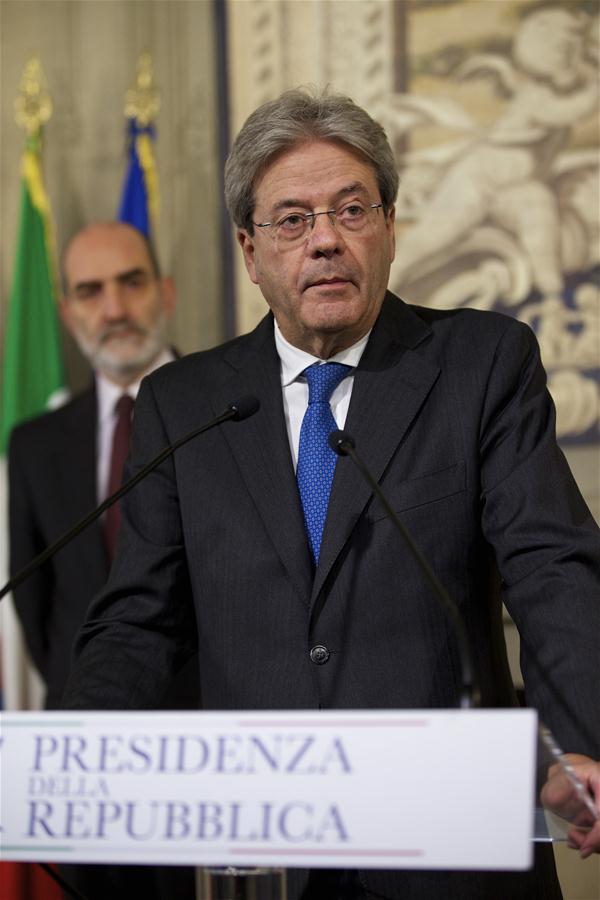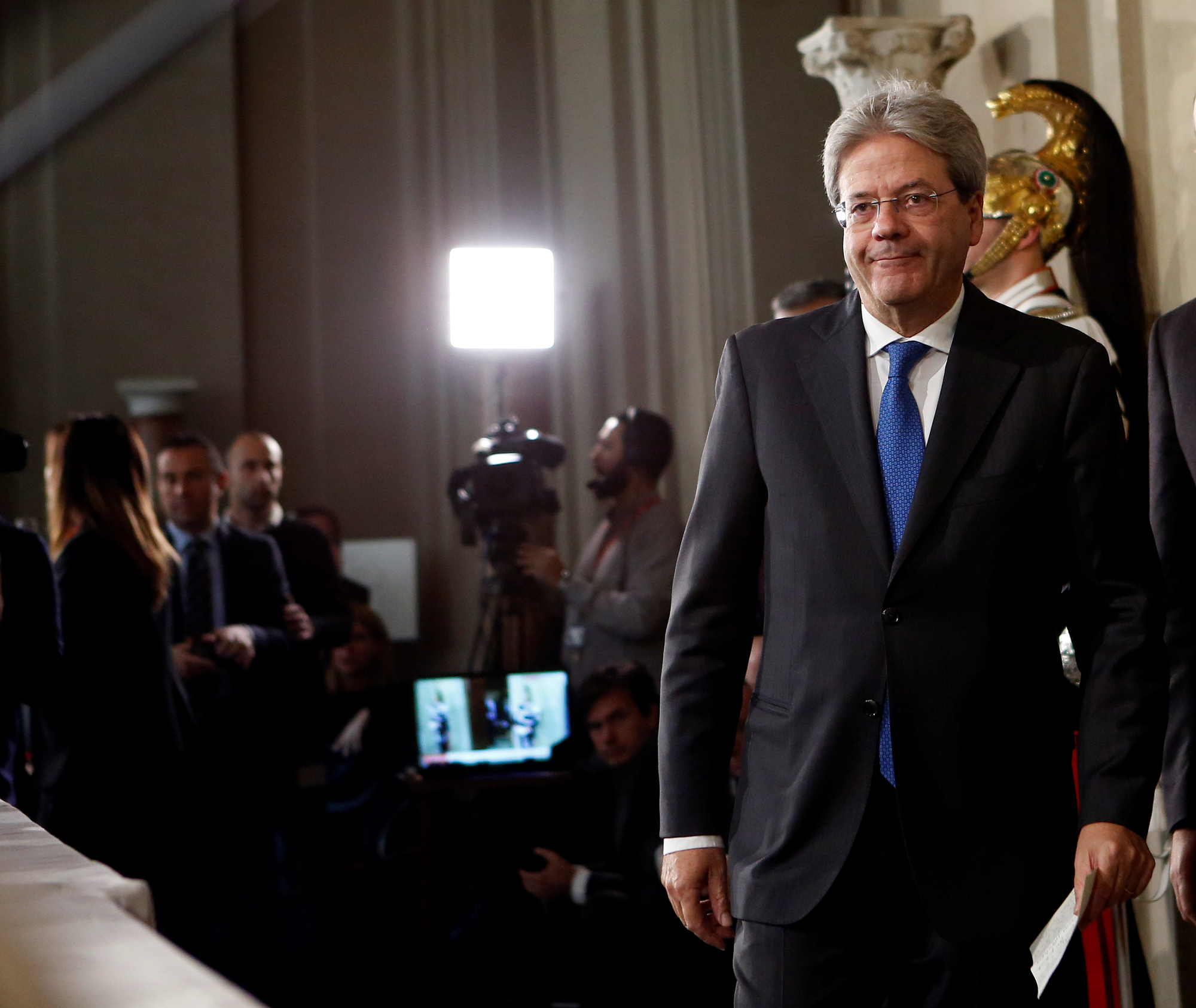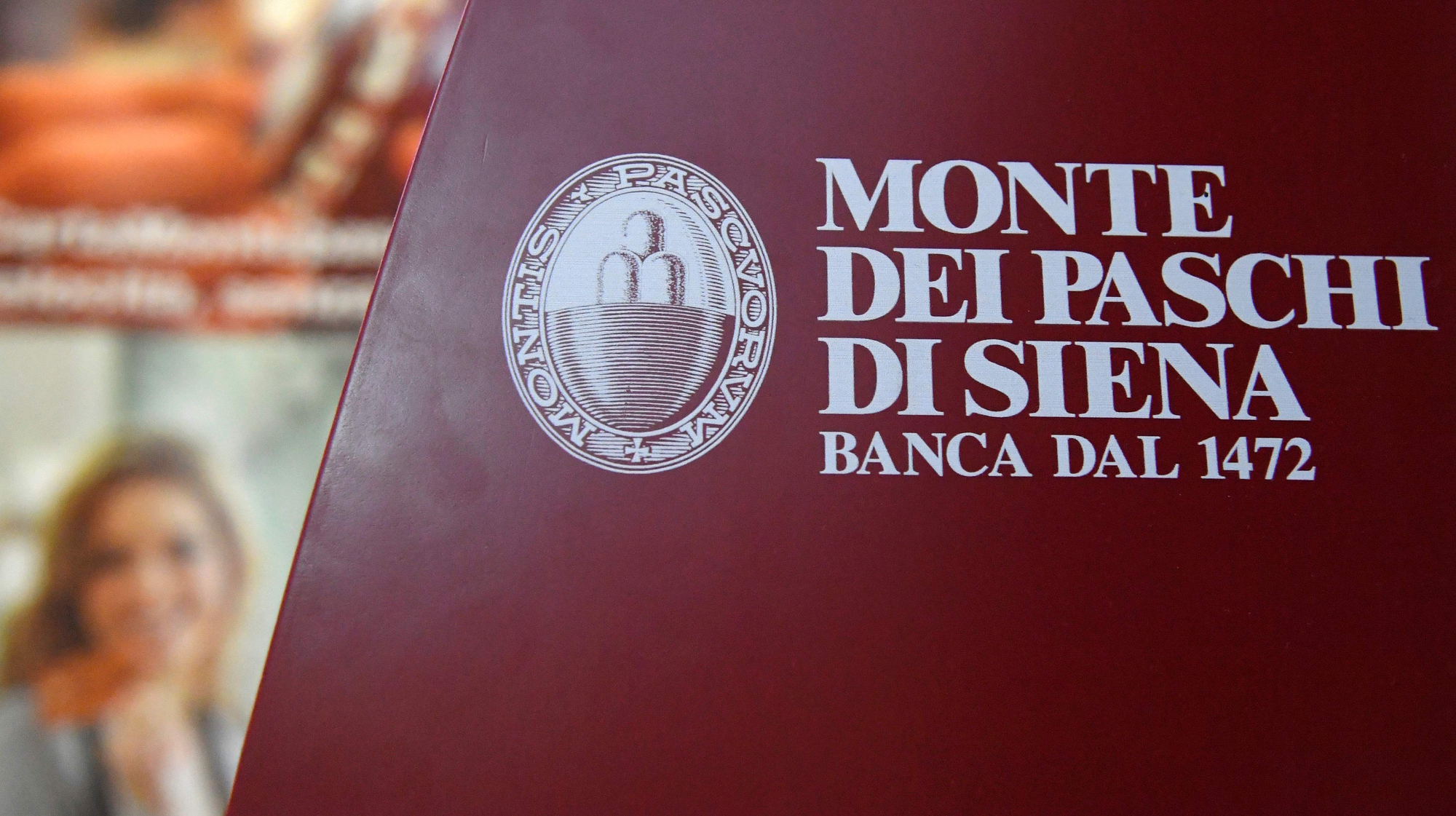Italy's Foreign Minister Paolo Gentiloni was named prime minister on Sunday, following the resignation of Matteo Renzi from the post earlier in the week.
After three days of consultations with all party leaders, Italian President Sergio Mattarella summoned Gentiloni and officially gave him the mandate to form a new government.
Renzi stepped down as prime minister on December 7, after suffering a defeat on December 4 in a referendum on a constitutional reform package that he had strongly advocated.
Gentiloni is considered a staunch ally of Matteo Renzi, and both belong to the center-left Democratic Party (PD), which holds the majority of the seats in parliament.

Italy's Foreign Minister Paolo Gentiloni holds a press conference after a meeting with Italian President Sergio Mattarella at the Quirinale presidential palace in Rome, Italy, on December 11, 2016. /CFP Photo
He would count on the same political forces that had supported Renzi's cabinet, since opposition parties told the president they would not take part in a national unity government.
"Consultations showed the unwillingness of major opposition forces to share responsibilities in a new government," Gentiloni told a press conference, after receiving the mandate.
"Therefore, not by choice but out of sense of responsibility, we will move within the framework of the outgoing government and majority."
The newly appointed prime minister immediately started talks with parliamentary politicians and officials, in order to draw a list of ministers.

Italy's Foreign Minister Paolo Gentiloni leaves after receiving a mandate to try to form the country's new government in Rome, Italy, December 11, 2016. /CFP Photo
He met with the speakers of the senate and lower house, Pietro Grasso and Laura Boldrini, then with several minor groups in both houses, according to his official schedule.
On Monday, he would consult with the main parties, including center-right Forza Italia (FI) of former premier Silvio Berlusconi, the New Centre Right (NCD) that was a minor ally in Renzi's cabinet, and right-wing Fratelli d'Italia party.
The last consultation would be with lawmakers of his PD party.
The Euro-sceptic Five Star Movement (M5S) and anti-immigrant Northern League, two major opposition parties, announced they would not meet Gentiloni.
Both pressed hard to go to early elections, after having rallied their forces to reject the constitutional referendum, and both said they would not acknowledge any legitimacy to the new government.
Gentiloni was expected to return to the presidential palace as early as on Monday afternoon, according to local media.
He would report to the president on whether his efforts to form a new government had been successful, and, eventually, present the new cabinet list.
In his short address after being named, Gentiloni said he was aware of the urgency "to give Italy a full-functioning government."
Italy has some pressing issues at international and domestic level to address, including the financial crisis haunting Monte dei Paschi di Siena (MPS), which is the country's third largest bank.

A picture shows the logo of Italian bank the Monte Dei Paschi di Siena (BMPS) in Rome, Italy, December 9, 2016. /CFP Photo
Gentiloni can count on a wide support within the PD, and is said to have quite good ties with center-right FI party.
This might help him in addressing another major domestic task: that is, to change or amend the electoral system, before the country goes again to the polls.
In fact, two different laws currently rule over the election of the lower house and of the senate.
In this perspective, he stressed a priority of his cabinet would indeed be to "accompany, and possibly facilitate, the work of parliamentary forces in defining new electoral rules."
If this task will be fulfilled in a short time, early elections might be called in spring 2017, ahead of the end of the legislative term in February 2018.
Gentiloni is an experienced politician, firstly elected in parliament in 2001. He served as telecommunications minister with center-left Romano Prodi government between 2006 and 2008.
He became foreign minister in Renzi's cabinet in October 2014, after previous foreign minister Federica Mogherini was appointed foreign policy chief of the European Union.
(Source: Xinhua)
8136km










